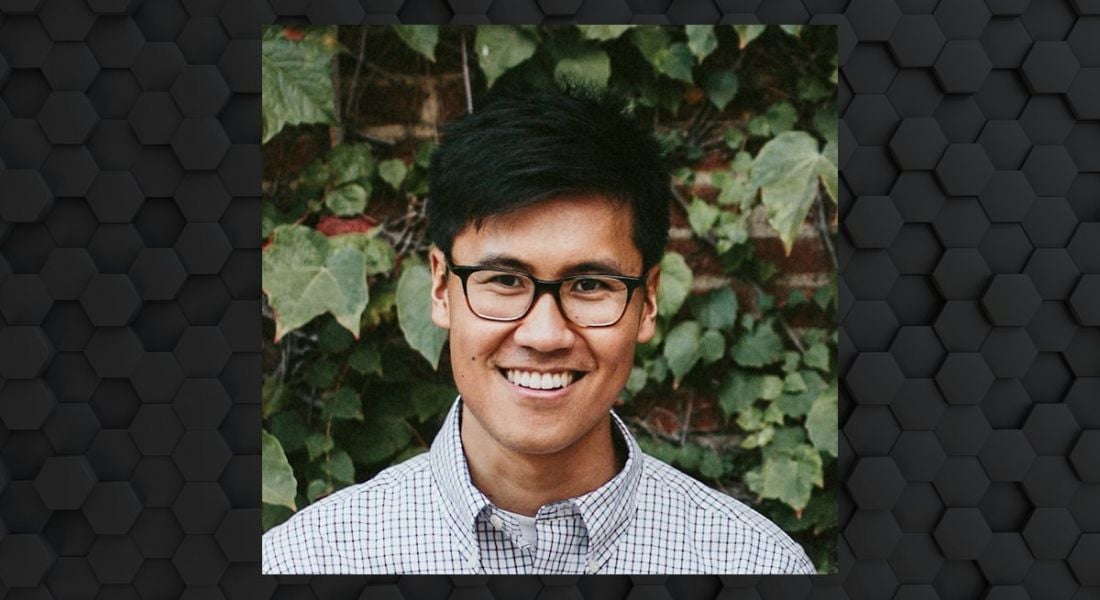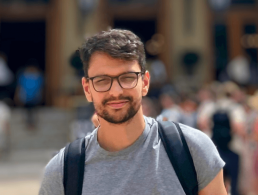Richard Li shares what it’s like working as a senior computational statistician in Genuity Science’s advanced AI lab.
After graduating with a PhD in physical chemistry, Richard Li, entered into a role in Genuity Science, a genomics company examining large genetics databases.
This job has recently seen Li participate in a quantum machine learning research project that was published by open access journal Patterns.
We spoke to Li about the role of a senior computational statistician in the advanced AI laboratory of Genuity Science, to see if everything fell into place after leaving university and discover the highlights of his career path so far.
‘Having an understanding of when, and when not, to use computational techniques will be key to driving further discovery’
– RICHARD LI
If there is such a thing, can you describe a typical day in the life of a computational statistician at Genuity Science?
Of late, a typical day has been to monitor the progress of various analyses and prepare presentations to update collaborators on projects we’ve been working on. If I have time, I try to develop new computational tools and methods for our group. Our group submits the work that we’ve done to peer-reviewed journals, so there is a large amount of writing to be done and figures made, depending on the phase of the project.
What kind of projects do you work on?
The projects vary a bit, but my role is mostly to (attempt to) derive new biological insights by applying machine learning and deep learning algorithms. I’ve mostly recently been working on a project involving Covid-19 and another one involving the effect of ageing on brains.
I have also worked with various unconventional computing approaches. We recently wrapped up a quantum machine learning project with the University of Southern California where we applied some quantum and quantum-inspired algorithms to classify different classes and subtypes of cancer. The work was recently accepted and published online at the end of April 2021 and will be featured on the cover of the print issue of Patterns in June.
What skills do you use on a daily basis?
Probably a combination of technical skills and communication skills. I do a lot of programming in R and Python, as well as some Bash scripting for the research projects and analyses we do. Occasionally some math.
A lot of our work is highly collaborative, which I like. Not just within the company, but also with external collaborators, so I regularly have to give presentations.
What is the hardest part of your working day?
Probably right after giving a presentation. I might be described as an extroverted introvert, so I need to recharge a little bit after giving a presentation but may not have time.
Do you have any productivity tips that help you through your day?
Snack breaks! And switching from sitting to standing.
When you first started at Genuity Science, what were you most surprised to learn was important in the role?
Maybe the amount of work that goes into preprocessing the data. I came straight from my PhD and mostly worked with well-curated, ‘sanitised’ datasets. Real data can be much messier.
Although I have a general knowledge about molecular biology from coursework, I am not an expert in biology. There has been quite a lot of learning about what goes on ‘under the hood’, so to speak.
Each dataset is different, so the tools and techniques may need to be tweaked accordingly.
How, do you think, is your job evolving?
I would say though that it’s more important than ever to have a keen understanding of both the underlying biology of the problems we’re studying and the mathematical rigour of the tools we’re using. As more and more data is being generated, I think that computational techniques will only become more important, and having an understanding of when, and when not, to use them will be key to driving further discovery.
What do you enjoy most about the job?
I enjoy learning new computational skills and applying them to real-world problems.




